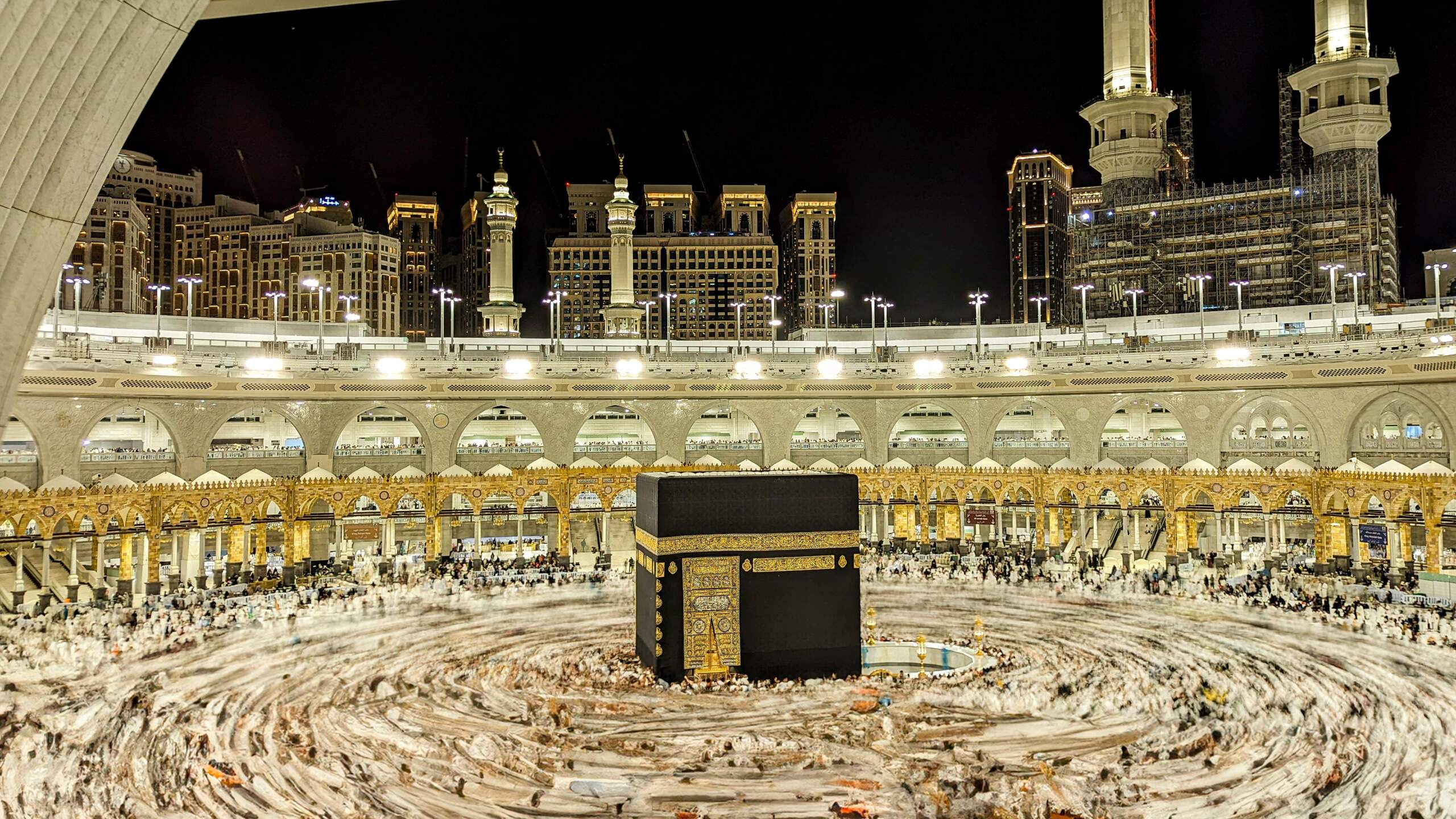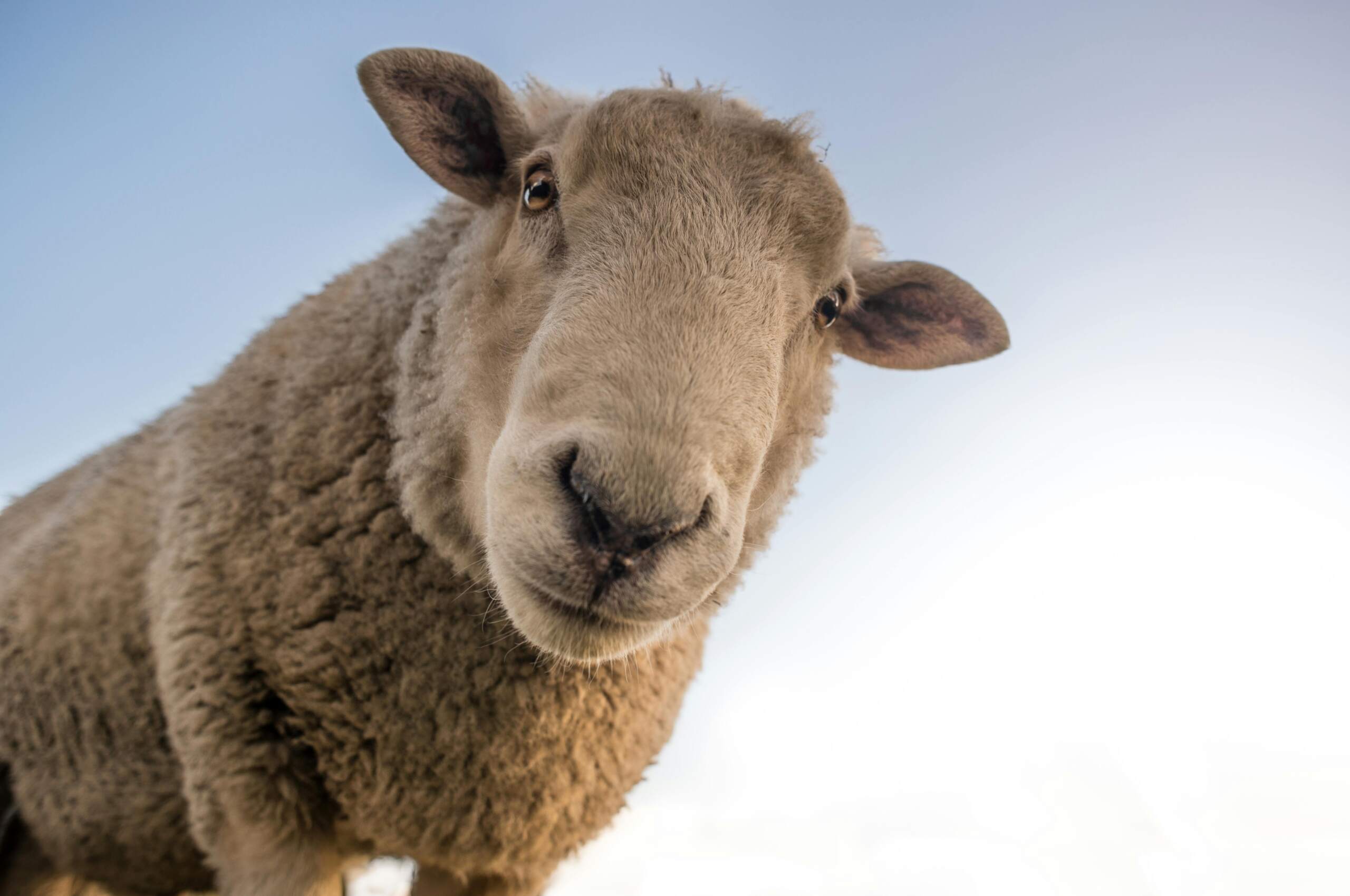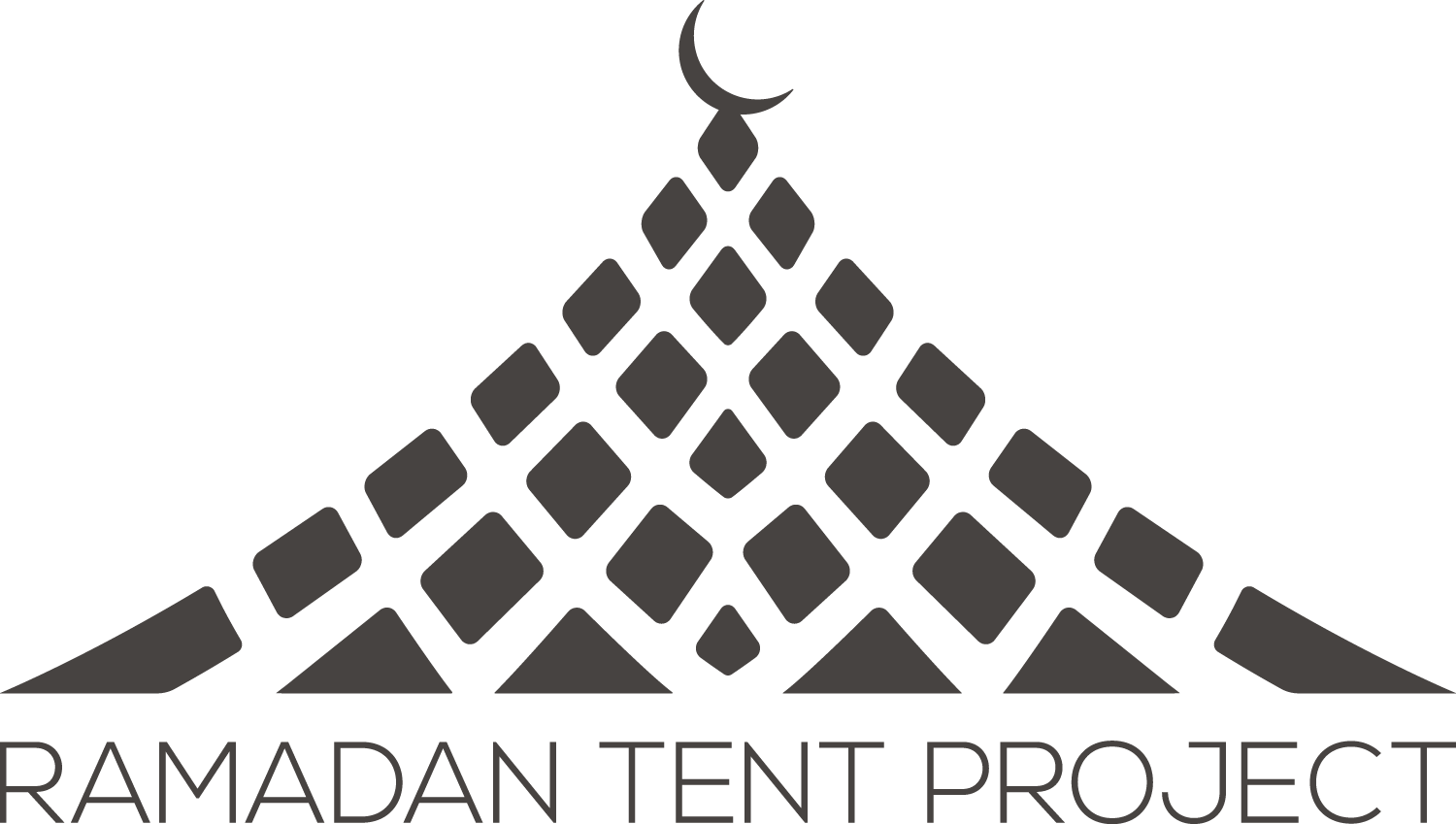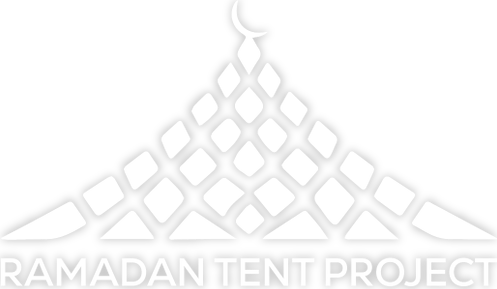How Dhul Hijjah Can Change Your Life
Dhul Hijjah is often associated with the Hajj pilgrimage, but its significance stretches far beyond those travelling to Mecca. As the twelfth and final month of the Islamic calendar, Dhul Hijjah holds a special place in the heart of every believer. It is a time filled with mercy, reward and immense spiritual opportunity for all, whether or not you are making the pilgrimage.
The 10 Best Days
The Prophet Muhammad ﷺ said:
“There are no days on which righteous deeds are more beloved to Allah than these ten days.”
[Sahih al-Bukhari]
The first ten days of Dhul Hijjah are even greater than the days of Ramadan. They offer us a powerful chance to renew our intentions, reconnect with Allah and realign our lives with what truly matters.
Whether it is fasting, praying, giving charity or simply remembering Allah, these days are a golden opportunity to grow closer to Him.

A Month of Sacred Events
What makes Dhul Hijjah the most significant month?
It is the only month that contains three of the holiest events in Islam:
- The pilgrimage of Hajj, where millions gather to fulfil one of the five pillars of Islam
- The Day of Arafah (9th of Dhul Hijjah), the pinnacle of Hajj and a day of immense mercy and forgiveness
- The festival of the blessed sacrifice, Eid al-Adha, which commemorates the devotion and surrender of Prophet Ibrahim (AS)

The Power of Fasting on the Day of Arafah
The 9th day of Dhul Hijjah is the Day of Arafah, the peak of the Hajj and a day of unmatched spiritual reward for those not performing the pilgrimage.
The Prophet ﷺ said:
“Fasting on the Day of Arafah expiates the sins of the past year and the coming year.”
[Sahih Muslim]
Two years of forgiveness for one single day of fasting. That is the mercy of Allah.
But the 9th of Dhul Hijjah holds even deeper meaning. It was on this day, on the plains of Arafah, that a monumental verse was revealed to the Prophet Muhammad ﷺ:
“This day I have perfected for you your religion and completed My favour upon you and have approved for you Islam as religion.”
(Qur’an 5:3)
The mission of the Prophet ﷺ was fulfilled during these sacred days. Some scholars believe this verse was the last ayah revealed in the Qur’an, marking the completion of our faith.
The Legacy of Prophet Ibrahim (AS)
Dhul Hijjah is deeply connected to the story of Prophet Ibrahim (AS). His unwavering trust in Allah, his willingness to sacrifice his beloved son Ismail (AS), and his total submission to divine guidance continue to inspire millions.
Eid al-Adha, the Festival of Sacrifice, commemorates this powerful moment of surrender. It is a celebration of devotion, obedience and profound faith.
It is a time for prayer, family and giving, a moment to ask ourselves: What are we willing to give up for the sake of Allah?

The Gift of Hajj
For those performing Hajj, it is the journey of a lifetime. Walking in the footsteps of prophets, dressed in unity, standing on the plains of Arafah and circling the Kaaba in complete submission.
For the rest of us, these days are no less valuable.
We may not be there in body, but we can be there in spirit through our intentions, our worship and our hearts.
Give Back During the Blessed Days
As we reflect, fast and pray during Dhul Hijjah, let us also give.
The Prophet ﷺ said:
“Charity does not decrease wealth.”
[Sahih Muslim]
Your generosity helps us continue building spaces of belonging and spiritual connection through initiatives like Open Iftar and Ramadan Festival.
Consider supporting Ramadan Tent Project during these sacred days.
Your donation means more shared meals, more conversations and more hearts touched. Donate here.
Final Reflection
These ten days are a divine invitation, an open door, a sacred pause.
You do not need a plane ticket to Mecca to draw closer to Allah.
You just need intention, action and heart.
So fast, give, pray, reflect, forgive and remember.
This month is not just for pilgrims. It is for you.

